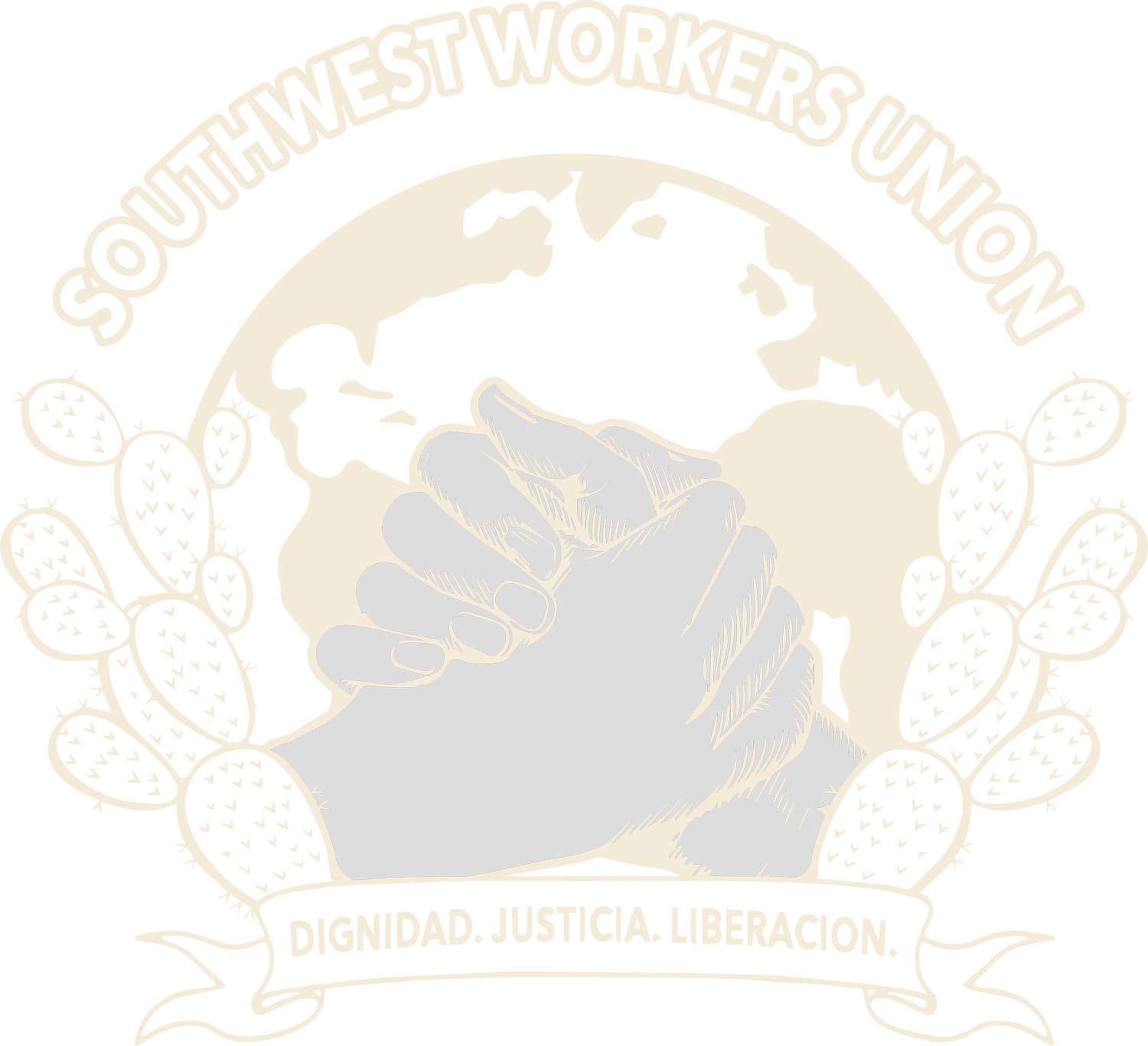South San SAISD, the Outsourcing of School Services and Layoffs
Let me put it out there that in many ways I speak from a position of privilege when it comes to conversations around labor and rights. The kinds of access that I have enjoyed comes from the sacrifices and support that both my parents have offered me my entire life, as well as the many people that have carved out paths, and created spaces, platforms, through much adversity, for others to be able to hold on to the fundamental elements that we as people need for our overall well being.
So much can be said about the current political climate, and the kinds of attacks on marginalized communities we see and hear about every day. The popularizing and normalizing of divisive lines between people that are often times affected by the same things is a constant threat to finding true solutions to issues that extend beyond the capability or willingness of political parties, and really, any form of government. Specifically on the conversation around labor, and while so much has been accomplished throughout the history of this country with regards to worker rights, we have a long way to go.
Southwest Workers Union has for many years focused on a number of campaigns, and helped support the efforts of communities and organizations to improve how people are treated in the workplace. Recent issues that SWU is focused on are outsourcing of school services, and layoffs as a result of the kinds of budget deficits currently seen in many public school districts. In South San ISD, for example, an estimated budget deficit for the 2018-2019 school year has created division between important stakeholders of the district. Between property tax increases, layoffs, and the exploration of the outsourcing of its child nutrition services, there is much uncertainty and insecurity over the direction of the district. I do want to state that South San ISD is not the only district that is facing financial stress, and having to make complicated and difficult decisions. However, they can be seen as an example of how the process by which solutions are presented could be improved.
Recent Board meetings, and community hearings have created opportunity for people to be heard and engage in dialogue over district decisions. Unfortunately, as is commonly the case with top down structures, power dynamics have made finding middle ground a challenge. The district has presented a tax ratification election (TRE) that would increase property taxes for people living in the district, and eliminate some positions, in order to make up for the gaps in the budget. As well the conversation on the outsourcing of the district’s child nutrition program, although the district has denied it has anything to do with the budget, has been a hot topic issue that united cafeteria workers and staff from around the district. Due to the strong pressure from employees, community members, and media, the district has since abandoned the the conversation of outsourcing for now. Their primary focus is passing the TRE. While much relief is felt by workers that had important questions about their future employment with the district, so much can still be said about the process South San has used to find long term solutions for budget concerns.
In a recent a recent conversation with South San superintendent Abelardo Saavedra, and two board members, they asked for suggestions on how to better engage the community in dialogue to help find solution to the kinds of problems the district is facing. While there are strategies that work better than others, there really isn’t a single, universal approach. It takes time to build the kinds of positive relationships that lead to better cooperation and unification on what is best for the district. Trust takes a long time to develop, and even longer to repair. Transparency is a key element in developing that trust. If the people feel there is no transparency, it’s important to listen and ask yourself why that is. Often times, it’s instead met with aggressive defense. You really want to bring people to the table? Kindness, empathy, compassion, patience can come a long way.

